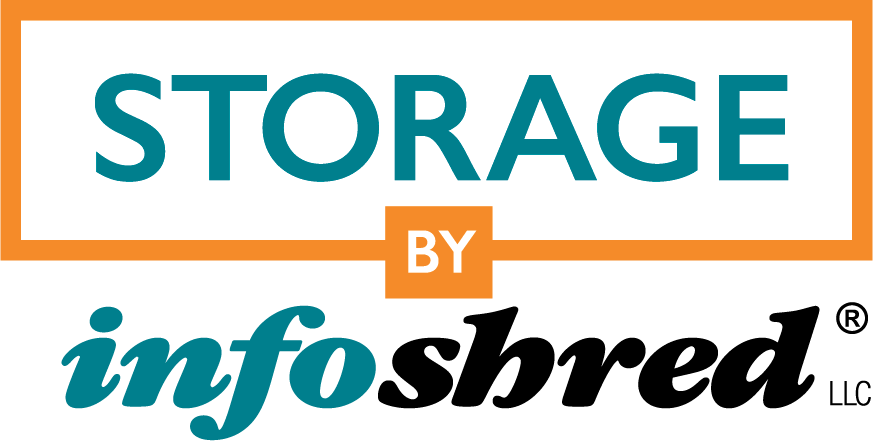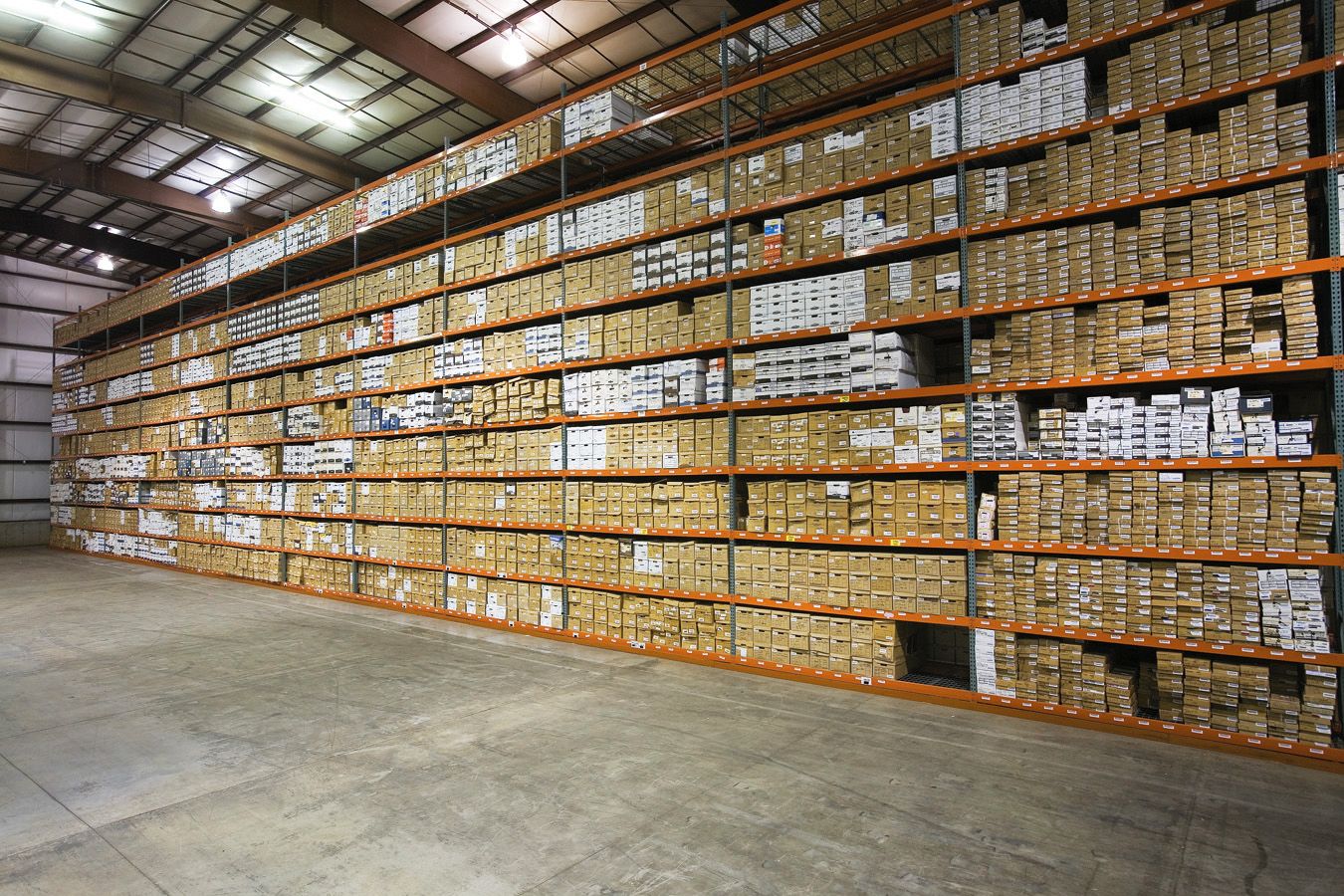When the personal computer was first introduced in the 1970s, it was anticipated that by the year 2100, our civilization would be paperless. Actually, since then, workplaces have consumed 20% less paper, while the US population has expanded by 40%. All of this suggests that, despite the expansion of our digital world, hard copy papers continue to be widely used in offices, therefore you must be vigilant about protecting them.
Organization and security are the two most important components of securing your hard copy data. Here are our suggestions for each…..
Set up a system
- All records should be thoroughly inventoried and correctly indexed. Without proper indexing, it could be challenging and time-consuming to locate a certain file in the event of an audit that comes as a surprise. An advantage of having a well-indexed file system is that it allows your company to serve customers effectively with the least amount of effort by your staff.
- To keep track of your information and ensure that your papers are securely shredded at the end of their useful lives, create a retention and destruction schedule. Please note: you violate data privacy rules and put your company at danger of a data breach when you keep your files past their expiration dates.
- Plan periodic audits of your files. Despite the best of intentions, a busy organization’s file system rarely remains structured. You can keep your system structured and effective by having an audit performed on a regular basis. This will allow you to address any concerns before they become serious.
- Put physical security measures in place
It will be much simpler to make sure your hard copy data is safeguarded if you have a well-organized file system.
When assessing the security of your hard copy data, keep the following in mind:
- Where will we keep the tangible copies of our files?
- Does it have to be off-site?
Off-site storage has advantages, but be careful to avoid typical blunders. Self-storage units, for instance, are not intended storing papers and won’t actually safeguard your data against loss or destruction. Your home and the homes of other employees are not secure either, and they can even go against the terms of an insurance policy. Partnering with a local, respected records management company that provides compliant services in a secure setting is the safest and most economical alternative.
Do we actually need to maintain old records on-site?
Deeds, trusts, maps, photos, and manuscripts are a few examples of official records that are kept in archives. With these, a copy will typically be adequate for everyday use, and the original, which is rarely needed, can be kept at the records center until it is needed.
Do we send off-site backup data?
In the event that you experience a natural disaster, a ransomware attack, or a system failure, data backups are essential. To preserve the papers themselves and in case a disaster recovery process needs to be started, backups must be kept in different locations. Having three copies of your data—one on-site, one in the cloud, and one on physical backup media kept in a data vault—is a best practice to put into action.
Are our documents safe from disasters like fire, water, or other calamities?
These occurrences may be unlikely where you are, yet they do happen occasionally when you least expect them. Although it’s unlikely that your building was designed with document storage in mind, you can work with a records management supplier who does. Your hard copy papers will be protected and have a longer lifespan if you store them in a structure that was built with fire suppression and climate control systems to protect its contents.
Are our records safe from theft and unwanted access?
Is your structure built to deter criminals and notify you if there is an intrusion on your property? How about employee theft? To whom are your files accessible? Are there any on-site security cameras? Who oversees them? Do you have physical access restrictions to protect your hard copy data? Modern records centers are built expressly with all of these safeguards in place, allowing you to relax knowing that your papers are safe, only accessible by authorized people, and that each access is recorded in a security log.
Request an estimate on our website or by calling 860-627-5800 to learn more. Our experts will ask you a few questions to better understand your requirements, after which they will tell you exactly what to expect from start to finish, including the cost.





